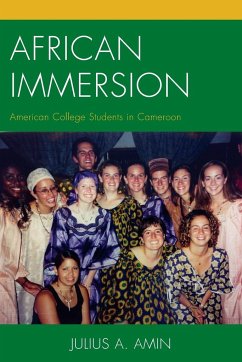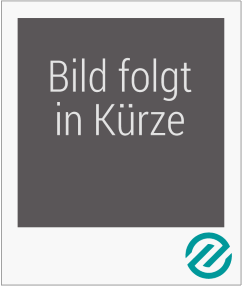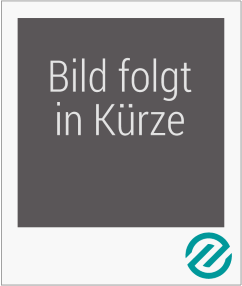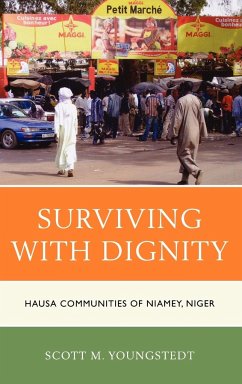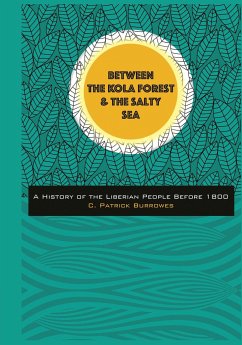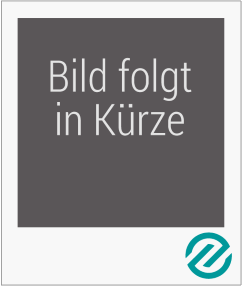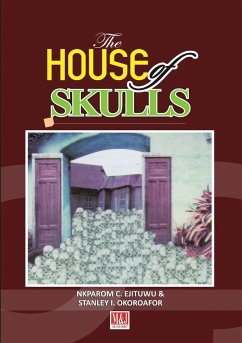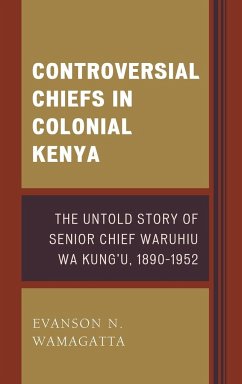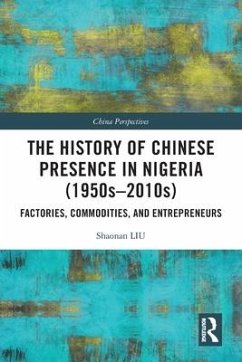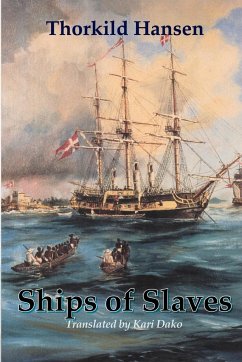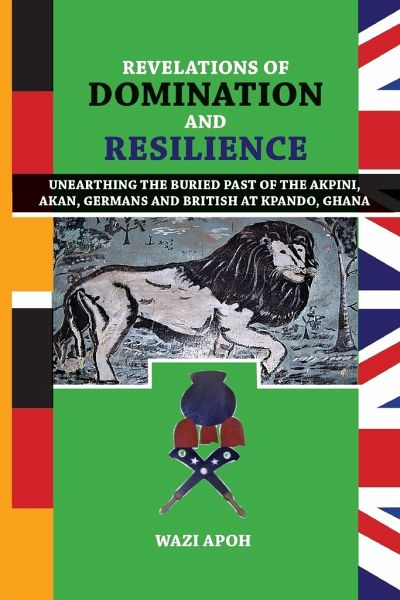
Revelations of Dominance and Resilience
Unearthing the Buried Past of The Akpini, Akan, Germans and British at Kpando, Ghana
Versandkostenfrei!
Versandfertig in 1-2 Wochen
86,99 €
inkl. MwSt.

PAYBACK Punkte
43 °P sammeln!
Chinua Achebe ("The art of fiction") famously observed that until lions have their own historians "the history of the hunt will always glorify the hunter." In this volume chronicling the complex imperial and colonial entanglements of the Kpando region in eastern Ghana over recent centuries, the lions have found their proverbial historian. Drawing on an array of sources-archaeological, oral historical and documentary-Wazi Apoh brings locally nuanced perspective to the complex social political economic entanglements among Akpini, German and British actors. His illumination of previously silenced...
Chinua Achebe ("The art of fiction") famously observed that until lions have their own historians "the history of the hunt will always glorify the hunter." In this volume chronicling the complex imperial and colonial entanglements of the Kpando region in eastern Ghana over recent centuries, the lions have found their proverbial historian. Drawing on an array of sources-archaeological, oral historical and documentary-Wazi Apoh brings locally nuanced perspective to the complex social political economic entanglements among Akpini, German and British actors. His illumination of previously silenced histories provides a rich platform from which to provoke us to imagine and act on the possibilities for restorative repatriation in the present. Its novel combination of historical study with analysis of ongoing dialogues over repatriation is a unique contribution to African studies.



